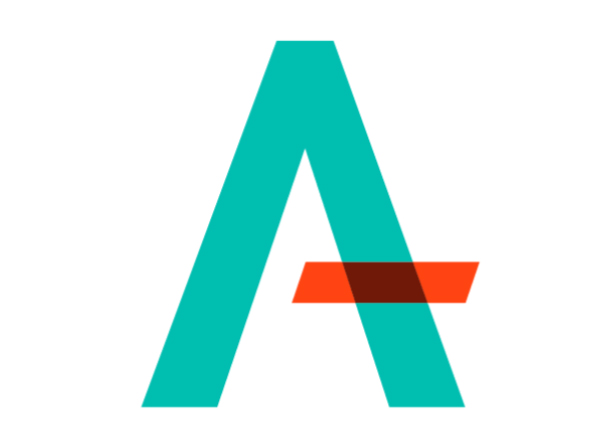The annual Dirty Dozen List, published by the National Center on Sexual Exploitation (NCOSE), aims to hold twelve organizations accountable for "facilitating, enabling, and even profiting from sexual abuse and exploitation." This list...
Follow Us x
Currently Browsing: Sexting
Artificial Intelligence (AI) technology is causing a new problem: deepfakes. Deepfakes, according to the Department of Homeland Security, "utilize a form of artificial intelligence/machine learning (AI/ML) to create believable, realistic videos,...
The National Center on Sexual Exploitation (NCOSE) recently published an article highlighting two main tactics to help prevent online and offline child sexual abuse: Preventing predator's online access to children Preventing pornography...
Minors, especially young males, have recently been affected by a particular type of extortion called sextortion. According to an article from the National Center on Sexual Exploitation (NCOSE), "Sexual extortion [sextortion] is the use of sexual...
In a new study conducted by UCLA, 47.5% of Gen-Z age youth, ages 13-24, "think that sex and romance are too prominent in TV shows and movies." 51.5% say they want to see more realistic friendships and platonic relationships in the TV shows...
The Communications Decency Act, Section 230, also known as CDA 230, is a law that is supposed to protect online speech. While it does this in some ways, vague language in the law has been the cause of confusion and misinterpretation. Part of CDA 230...
Today’s children are growing up in a world that is more technologically connected than at any other time in history, and they are increasingly spending more time communicating through digital means. Texting, instant messaging and emailing...

